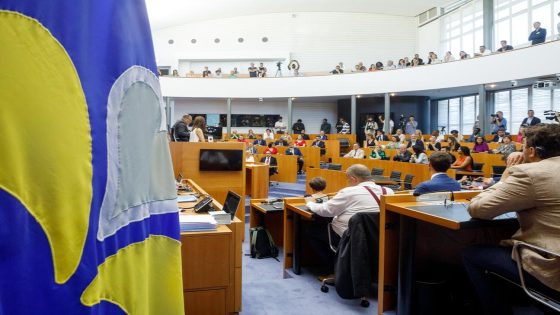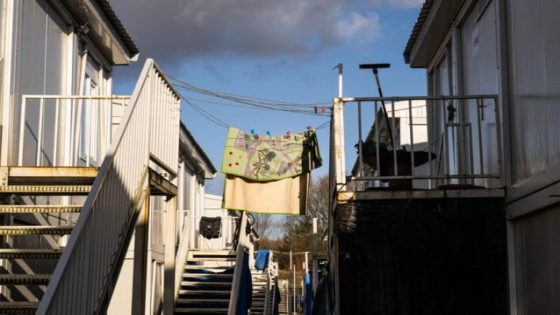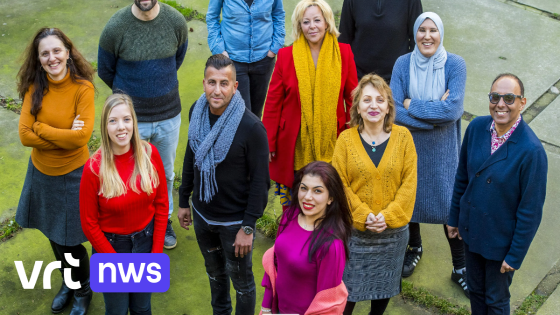When someone says they “can’t see a way out anymore,” knowing how to respond effectively is crucial. Mental health support in Belgium is more accessible than many realise, yet people often hesitate to seek help. On 2025-05-21 20:11:00, experts emphasised the importance of concrete actions when faced with such cries for help.
- Ask concretely if someone feels hopeless
- Refer to helpline 1712 for support
- Offer to accompany to police or CAW
- Encourage victims and perpetrators to seek help
- Highlight importance of environment's intervention
- Acknowledge barriers to seeking assistance
Instead of staying silent, you can ask directly what you can do to help. Referring someone to the 1712 helpline, or offering to accompany them to the police, CAW, Veilig Huis, or the Vertrouwenscentrum Kindermishandeling, can make a real difference. But why do so many still hold back from reaching out?
Understanding these barriers is key to improving support networks and encouraging timely intervention. Here’s what you should know.
Why do people hesitate to seek or offer help even when support is available? It often boils down to fear and uncertainty. Many victims and offenders report that their environment was aware but did not act. This highlights the urgent need for proactive responses:
- Ask directly what you can do to support someone expressing distress
- Provide clear information about trusted local resources
- Offer to accompany them to professional services to reduce anxiety
- Recognise that silence can worsen suffering and delay recovery
Moving forward, it is vital for communities to break the taboo around asking for help and to act decisively when someone signals they are struggling. Could your next conversation save a life?
































